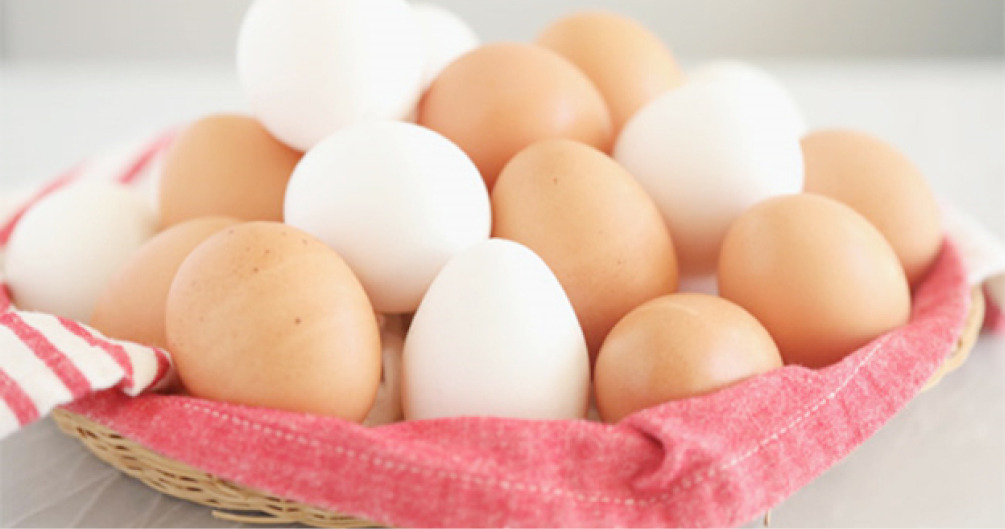Nigeria is Africa’s largest egg producer – NIAS
The Nigerian Institute of Animal Science (NIAS) says Nigeria is the largest egg producer in Africa, with annual production of 650 tonnes. It also said Nigeria’s poultry population of 180million birds was the second largest in Africa. Prof Eustace Iyayi, the registrar of the institute, disclosed this in Abuja at a news conference ahead of […]

Poultry eggs
The Nigerian Institute of Animal Science (NIAS) says Nigeria is the largest egg producer in Africa, with annual production of 650 tonnes. It also said Nigeria’s poultry population of 180million birds was the second largest in Africa.
Prof Eustace Iyayi, the registrar of the institute, disclosed this in Abuja at a news conference ahead of a joint annual meeting with the Animal Science Association of Nigeria (ASAN).
Iyayi noted that Nigeria produced 300 tonnes of poultry meat yearly as well as contributing 25 per cent to the agricultural gross domestic product.
He disclosed that no fewer than 85 million Nigerians were involved in poultry agribusiness along the value chain.
The registrar, however, noted that the impact of COVID-19 on the industry had been phenomenal, with steep losses reported by farmers.
He said the feed sector had not been spared as two essential ingredients—maize and soybean—which cultivation and importation reduced drastically—further compounding the problems of the industry.
“The growth of the Nigerian animal husbandry industry has been slow. This was further aggravated by factors such as insecurity, climate change, rising population and cost of other living expenses, apart from the COVID-19 pandemic.
“This has left consumers with reduced disposable income to purchase animal foods.
“Animal scientists believe that going forward in post-COVID-19 era, resilience is required to absorb the shock and reposition for greater heights, solve youth restiveness and perennial farmer-herder conflicts,” he said.
Iyayi identified the basis for a resurgence of the country’s economy to include application of technology and innovation to promote production, processing and animal agricultural trade through effective competitiveness.
He said, “The current high annual food import bill of over $5 billion and $1.5bn dollars on dairy products and other derivatives in the face of obvious comparative advantage is an unsustainable trend, particularly in the wake of dwindling foreign exchange.’’ (NAN)
